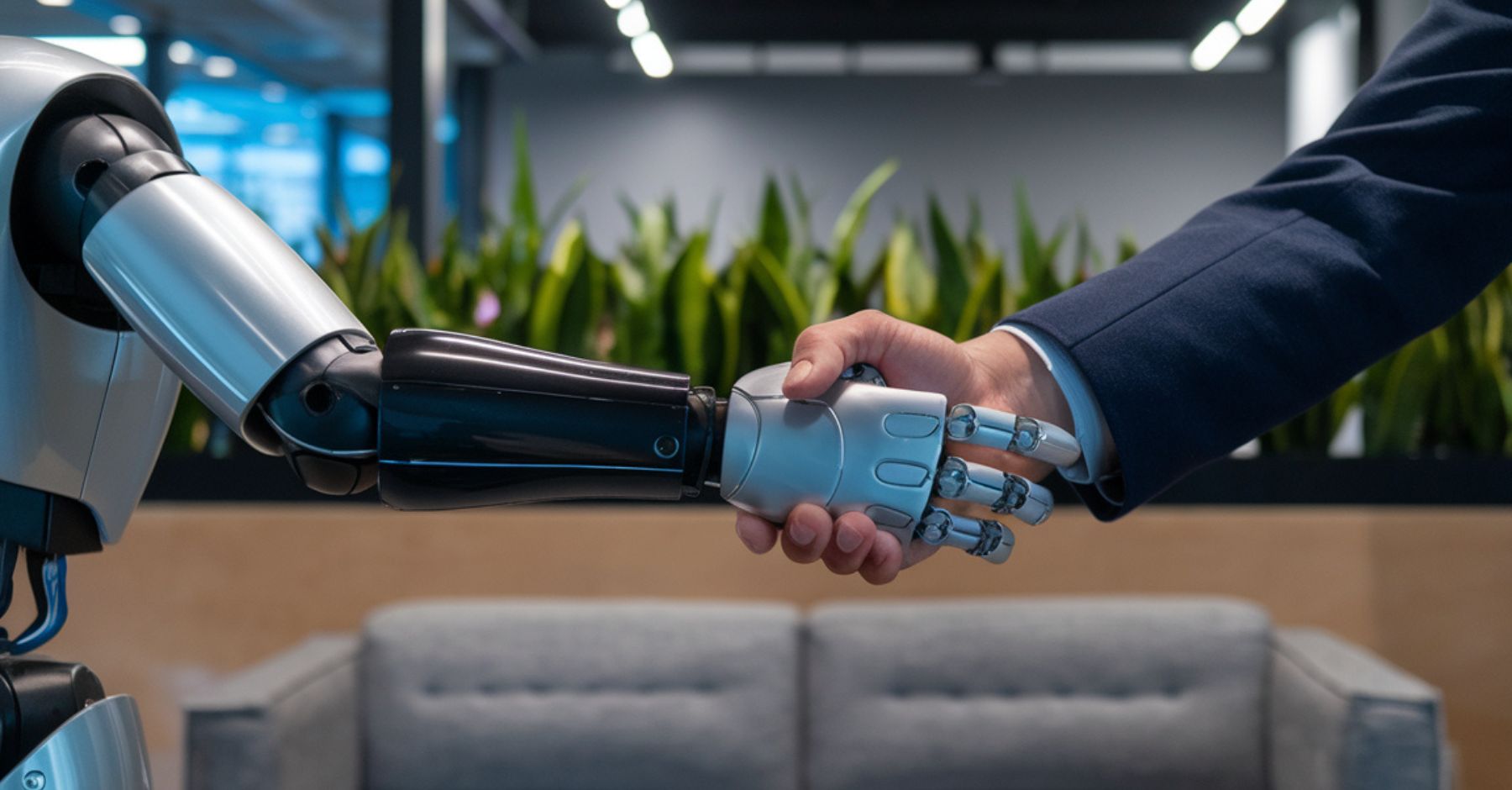Each week we’ll gather headlines and tips to keep you current with how generative AI affects PR and the world at large. If you have ideas on how to improve the newsletter, let us know!
What You Should Know
How Much Better Can AI Make You?
Artificial intelligence has transformed how we approach productivity and decision-making, and a recent study shows where it offers the biggest advantages. A meta-analysis of 106 experimental studies released yesterday shows that, in 85% of cases, a human-AI team outperformed humans alone. The advantage was most evident in creative tasks where AI can generate ideas or content, such as writing, design, and brainstorming, based on human ideas and expertise. In decision-making tasks, though, humans performed better alone.
These results offer a blueprint for AI’s role in our workflows, augmenting human intelligence in ways that allow us to accomplish more than we could alone. Taking an AI-first approach to work can be highly beneficial — first, evaluate if an AI tool can help you accomplish a task faster or reveal something you might not have considered. When it comes to making decisions, however, your hands should be firmly on the steering wheel.
As AI becomes more integrated into workplaces, the focus should be on opportunities for enhanced efficiency. Knowing when to take the lead as a human — and when to step back and let AI do its part — is the secret ingredient to unlocking the next level of productivity.
Elsewhere …
- PODCAST: Financial Advisors Turn to AI to Strengthen Client Relationships
- iOS 18.1 with Apple Intelligence Is Here. Try These 5 AI Features First
- Defense Department Tests AI Software, Advances to Improve Physical Security Posture
- Oracle Announces New AI-powered Electronic Health Record
- Brightwave’s AI Agent Helps Asset Managers Find Signal, and It’s Fundraising Fast
- OpenAI Plans to Release its Next Big AI Model by December
Tips and Tricks
 It’s award season
It’s award season
What’s happening: The fourth quarter is well underway, and as brands wrap up this year’s objectives, they’re trying to determine which are award-worthy. Most award programs follow the calendar year, meaning many communications pros will be working on nominations in the next few weeks. Crafting these nominations can be time-consuming, with a lot of effort spent on condensing responses into tight word counts without leaving out any critical information or impressive proof points.
How AI can help: AI can easily weed through case studies, projects, or initiatives and use the information to draft compelling stories. The key is to gather as much detail as possible to give the AI tool plenty of language to work with. Then, query it question-by-question so it only focuses on one at a time.
It’s also helpful to include more context in your prompt, like whether the judges have technical knowledge or would need more of an explanation in the responses. Even adding to your prompt something as simple as “Write your responses in a way that would impress a panel of judges,” can go a long way toward crafting a solid nomination. As always, be sure to check and edit the answers for accuracy.
Which model does it best? We tested three of the top models — ChatGPT 4o, ChatGPT o1-preview, and Claude 3.5 Sonnet — to see which developed the best nomination. For this experiment, we nominated the Nothing Ear (a) earbuds for a Consumer Electronics Product of the Year Stevie Award, a short, three-question nomination (there’s a fourth listed as an option to upload additional material).
We only used the product launch press release as background info and fed each model the same prompts. Here’s a document showing the responses from each model. Writing is subjective, but we chose Claude as the winner because it most accurately depicted the product launch (it was available for pre-orders on April 18 and sales opened to the public April 22), told a compelling story, and didn’t fabricate information (ChatGPT 4o made up quotes from TechRadar and The Verge as customer reviews).
Quote of the Week
“We want the United States…to take responsible steps to ensure fair competition and open market to protect privacy, human rights, civil rights, civil liberties, to make sure that advanced AI systems are safe and trustful, to implement safeguards so that AI isn’t used to undercut us.”
— Jake Sullivan, National Security Advisor, on the Biden administration’s new policy covering artificial intelligence and national security
How Was This Newsletter?



